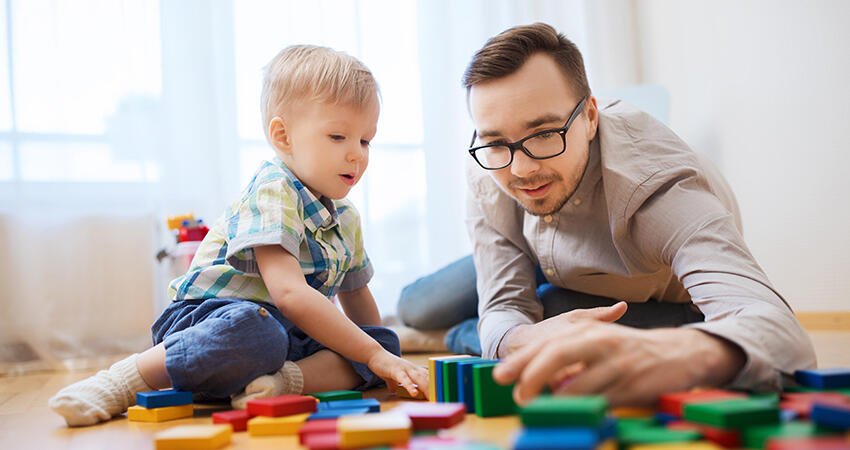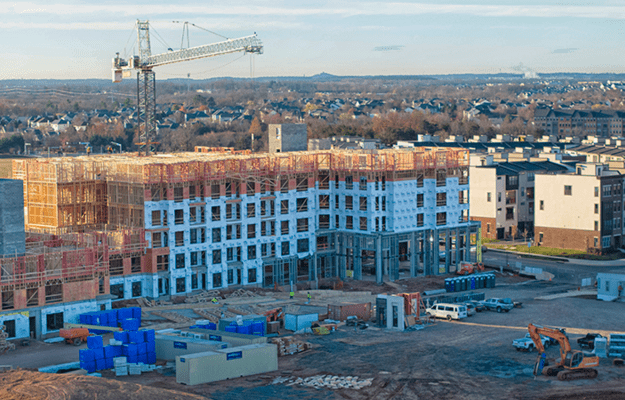
Housing Stability Matters for Kids’ Relationship with Formerly Incarcerated Parents
- Title:
- Housing Stability Matters for Kids’ Relationship with Formerly Incarcerated Parents
- Author:
-
Bruce Western and Natalie Smith
- Source:
- Publication Date:
-
2018
Having a parent who is or was incarcerated can harm a child’s well-being. Research shows that parental incarceration is associated with an increased risk of child homelessness, aggressive behavior, poorer school achievement, and more. And parents who were formerly incarcerated often struggle to be economically secure. How do these factors affect the relationship between parents and their children? This study explored the question by examining whether parents lived with their children and if they had other contact in the year after being incarcerated.
This study tracked a cohort of 95 formerly incarcerated parents and 270 children to examine the effect of economic insecurity and complex family relationships on the interaction between children and parents recently released from prison. The authors analyzed data from the Boston Reentry Study (BRS), which captures economic measures such as a person’s housing and income status, information on what the authors call “risky behaviors” (these include crime and drug use), and several measures on the quality and history of the formerly incarcerated parent’s relationship with their children before prison. This dataset is unique because it collected information on parents regardless of whether they live with their child, allowing the researchers to examine a more complete picture of parent-child relationships. To assess interaction after prison, the researchers completed interviews with all of the recently incarcerated parents, asking whether they live with their children, were in weekly contact, were in occasional contact, or were out of contact all together. Then the researchers compared the BRS data with the interview responses to analyze the impact of the parent’s economic situation, behavior choices, and relationship quality on different levels of interaction with their children. Because the quantitative data could not shed light on how complex relationships unfolded, the authors supplemented the research with qualitative interviews with a subset of participants to learn more about the nuances of those relationships.
This study shows the complex ways that family support, housing stability, drug use, and criminal justice interactions can influence the relationship between formerly incarcerated parents and their children. Reintegrating formerly incarcerated people back into society can be a complex undertaking, but as the authors note, “the social integration of formerly incarcerated parents through contact with their children depends on a rudimentary level of wellbeing that includes supportive family relationships and stable housing.”
Key findings
- Although it was uncommon for formerly incarcerated parents to live with their children, the researchers found that parents with access to stable housing were significantly more likely to have regular contact than those without. Moreover, stable housing was found to be more important than income in predicting regular contact.
- Through qualitative interviews, the researchers found that the parents of formerly incarcerated parents can play a key role in providing stable housing. Interviewees reported that when they lived with their parents, they were able to have their children over more frequently and play a more active role in their lives because there was a safe environment for the children to spend time.
- The researchers also found that parents with children from multiple partners were unlikely to live with their children but could still maintain regular contact if they had good relationships with their children and former partners before incarceration. In particular, the researchers found that formerly incarcerated parents with a history of past support frequently saw their children while incarcerated, and those with a good relationship with the other parent were much more likely to be in contact with their children after incarceration.
- Although drug use and criminal activity are associated with less regular contact with children, the researchers found that these are not necessarily fixed, but instead fluctuated with the ups and downs of life after incarceration. Through the qualitative interviews, the researchers found that parents can and did build positive relationships with their children where they could find sobriety and avoid criminal activity.
Photo by Syda Productions/Shutterstock


